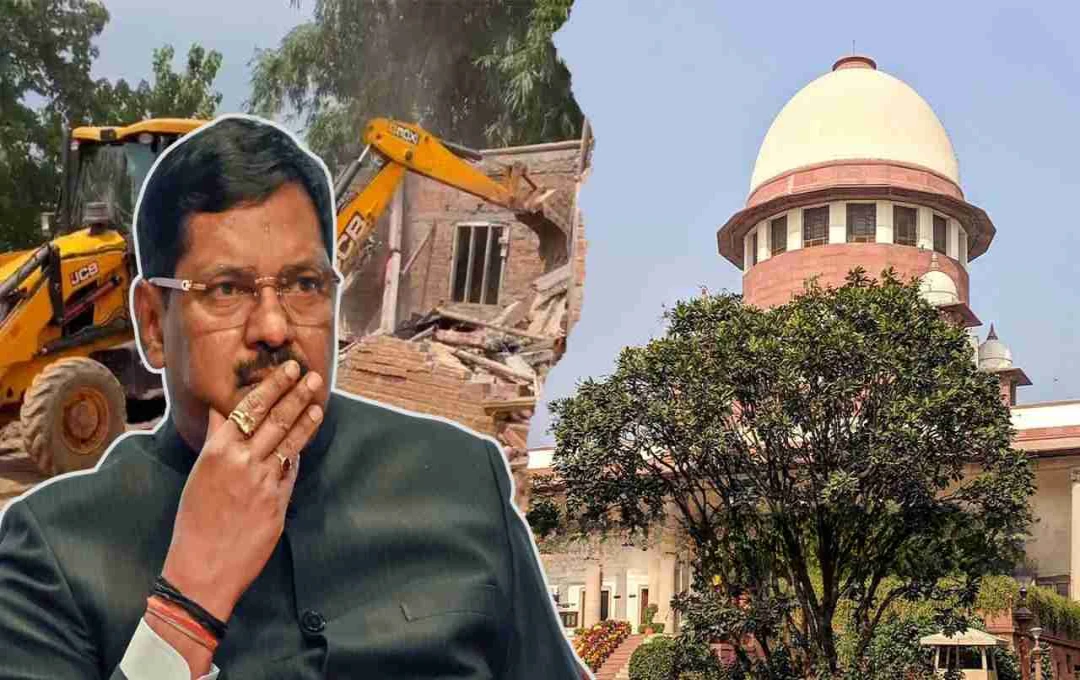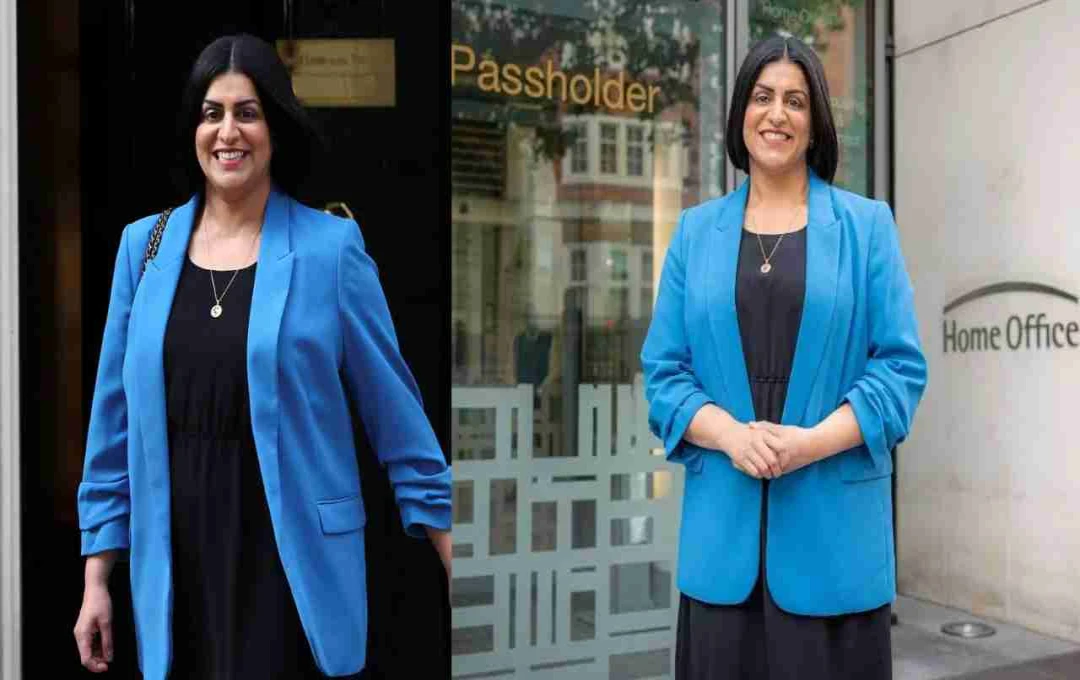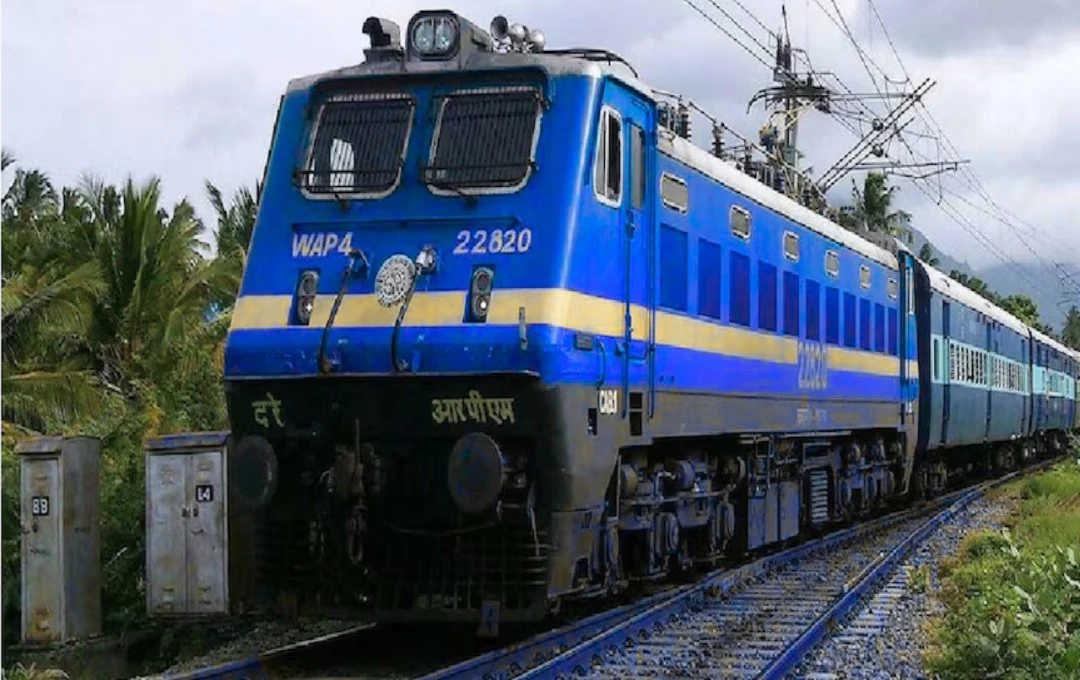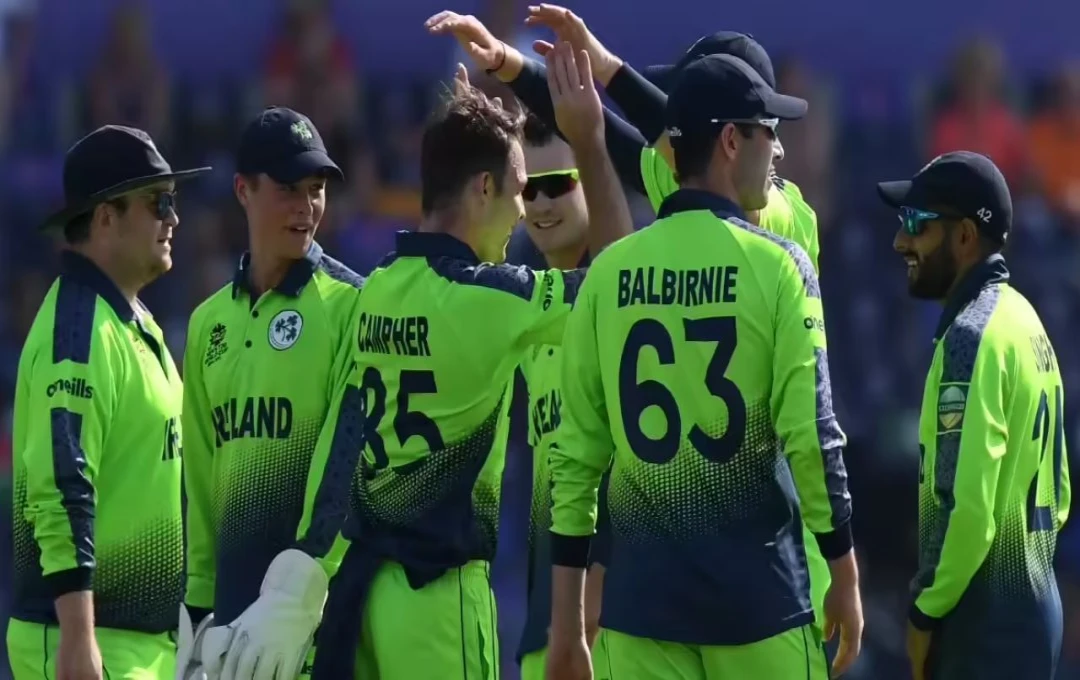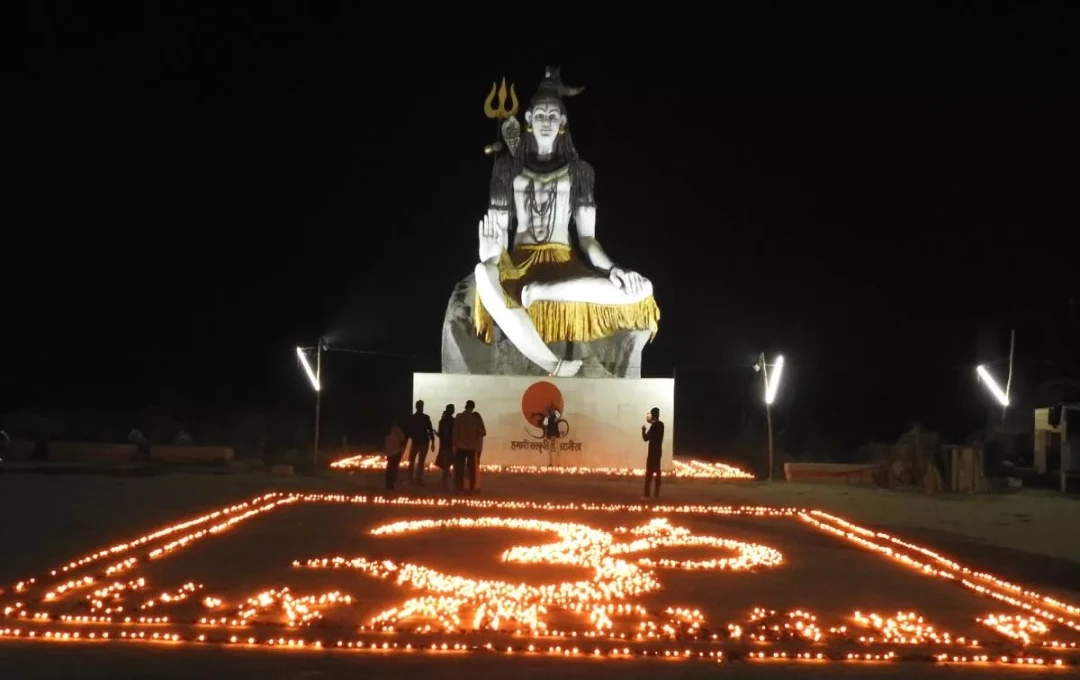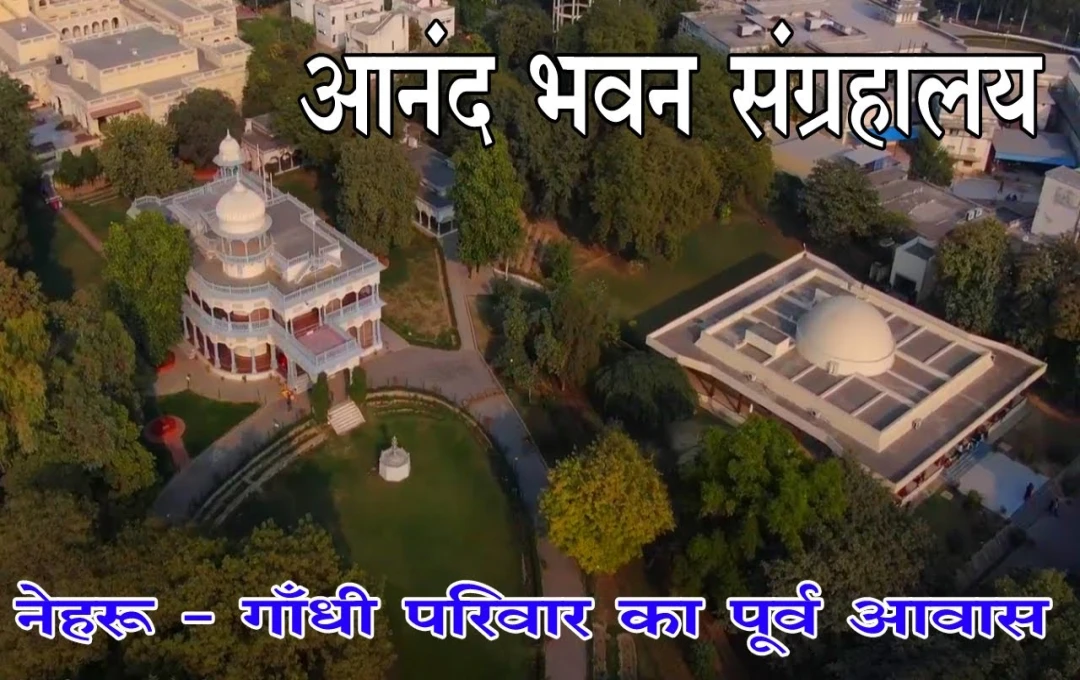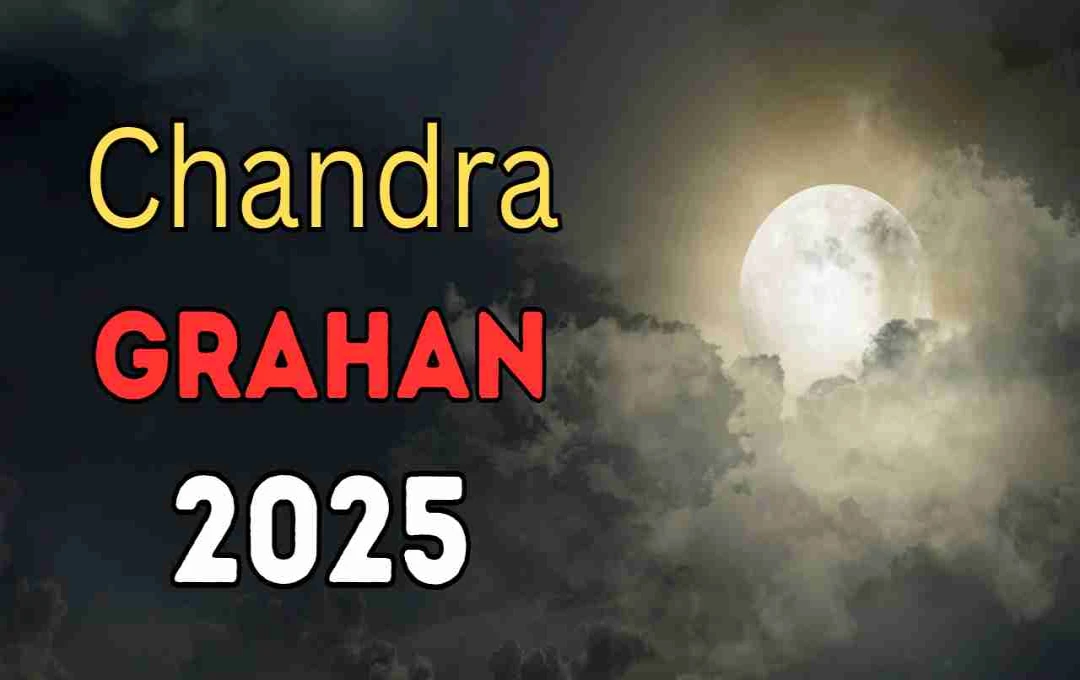Supreme Court Seeks Response from State Government on Eviction of 667 Families in Goalpara, Assam. Petitioners Allege Action Was Taken Without Notice and Targeted Minorities.
Assam Bulldozer Action: Eight residents have approached the Supreme Court challenging the demolition drive being carried out by the state government in the Goalpara district of Assam. The petition alleges that 667 impoverished families were evicted from their homes without proper notice or a hearing. Petitioners claim this violates the Supreme Court's judgment of November 13, 2024, which prohibits the demolition of any construction without a show-cause notice and allowing 15 days for a response.
Supreme Court Says - Will Hear, But...
A bench comprising Chief Justice Bhushan Ramkrishna Gavai and Justice K. Vinod Chandran has issued notices to the Chief Secretary of Assam and concerned officials. The court has directed them to respond within two weeks. During the hearing, the CJI clarified that if the state government proves the land is government-owned, the court's order will not apply. The Supreme Court has already made it clear that action is possible without a court order in cases of encroachment on public places and government land.
Petitioners' Claim
The residents who filed the petition, through their lawyer Adil Ahmed, stated that they have been living in the area for the past 60 to 70 years. They say that the Brahmaputra River changes its course from time to time, forcing them to shift to higher areas. In such a situation, people chose the same place to settle. They claim that this is not a new encroachment, but rather an established village that has been uprooted without due process.
Everyone Has the Right to a Hearing

Senior Advocate Sanjay Hegde, appearing for the petitioners, told the court that even those accused of encroachment have a right to due legal process. He stated that the affected people were given only two days' notice, after which demolition action was immediately initiated. He also argued that even if the land is government-owned, providing notice and time to respond is mandatory according to the Supreme Court's 2024 decision.
Court's Warning - No Relief If Land is Government Owned
During the hearing, the Supreme Court clarified that it will issue a notice, but if the state government says that the land is government-owned, the court will not be able to provide any relief. CJI Gavai said that the court will not protect any encroachment on public or government land. The court's stance clarifies that the Supreme Court wants to adopt a balanced approach in the public interest, where the rights of the poor are protected, but encroachment on government land is not encouraged.
Allegations of Targeting Minorities
The petitioners have also alleged that the demolition drive is unilateral and discriminatory. The petition states that the eviction action was mainly carried out against the minority community, while people from the majority community in similar situations were left alone. If this allegation is found to be true, it could be a violation of the constitutional right to equality.
Demand for Rehabilitation and Compensation
The petition also requests the Supreme Court to provide interim relief to the affected people. This includes demanding compensation, rehabilitation, and reconstruction instructions for their demolished homes, schools, and other structures. The petition also states that the affected people had never received any objection or notice from any government authority before.
